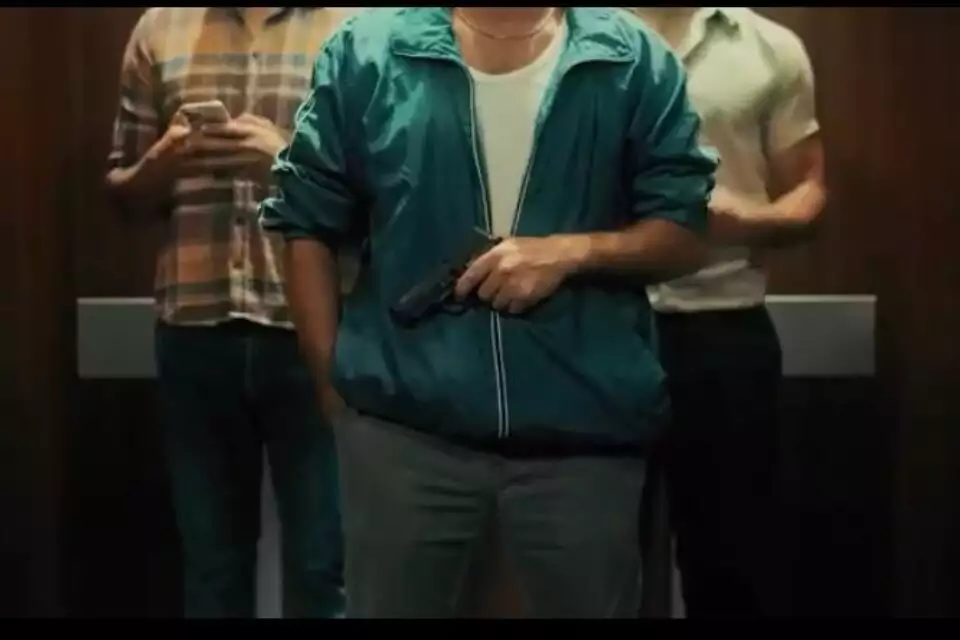In a significant move that has sparked both praise and dissent, MTV Lebanon recently unveiled a video in support of the LGBTQ community, marking a pivotal moment in the country’s ongoing battle against the penalizing Section 534 of its law. The video, released as part of MTV Lebanon’s campaign to advocate for the repeal of the clause, has garnered rapid attention, gathering tens of thousands of views and attracting a flurry of opinions.
The video’s poignant imagery features two men sharing an elevator, joined by a third man who turns away and eventually exits with an air of hostility. The remaining duo’s entwined hands serve as a symbol of solidarity amidst the adversities faced by same-sex couples. The accompanying message, “There are crimes, and there is love,” encapsulates the essence of the video’s narrative, powerfully challenging societal perceptions.
However, the video hasn’t been immune to criticism. Some voices raised concern that the portrayal might influence younger audiences in a manner they consider inappropriate. Amidst heated commentary, a user stated, “Our children will see the advertisement and think that two men holding hands is love.” On the other side of the spectrum, proponents of the video argued that it stands for inclusivity and compassion, aligning with the global movement for LGBTQ rights.
This event unfolds in the wake of a more contentious backdrop. Notably, last July, Hezbollah’s Secretary-General Hassan Nasrallah publicly expressed opposition to the LGBT community in Lebanon, urging MTV Lebanon to distance itself from such content. Nasrallah attributed the phenomenon to foreign influence and urged the Lebanese populace, regardless of religious affiliation, to actively oppose it.
As MTV Lebanon’s pro-LGBT video amplifies the conversation surrounding LGBTQ rights and challenges societal norms, the nation finds itself at a crossroads of perspectives, highlighting the intricate intersection of law, culture, and human rights.

